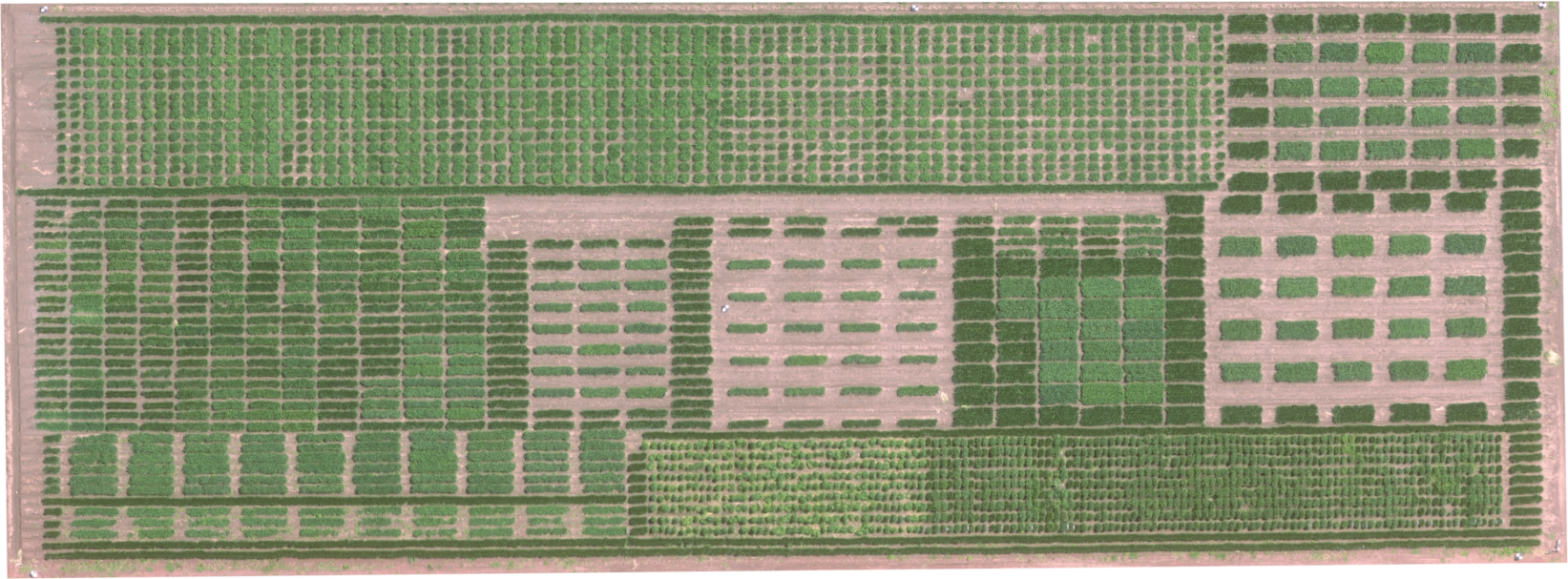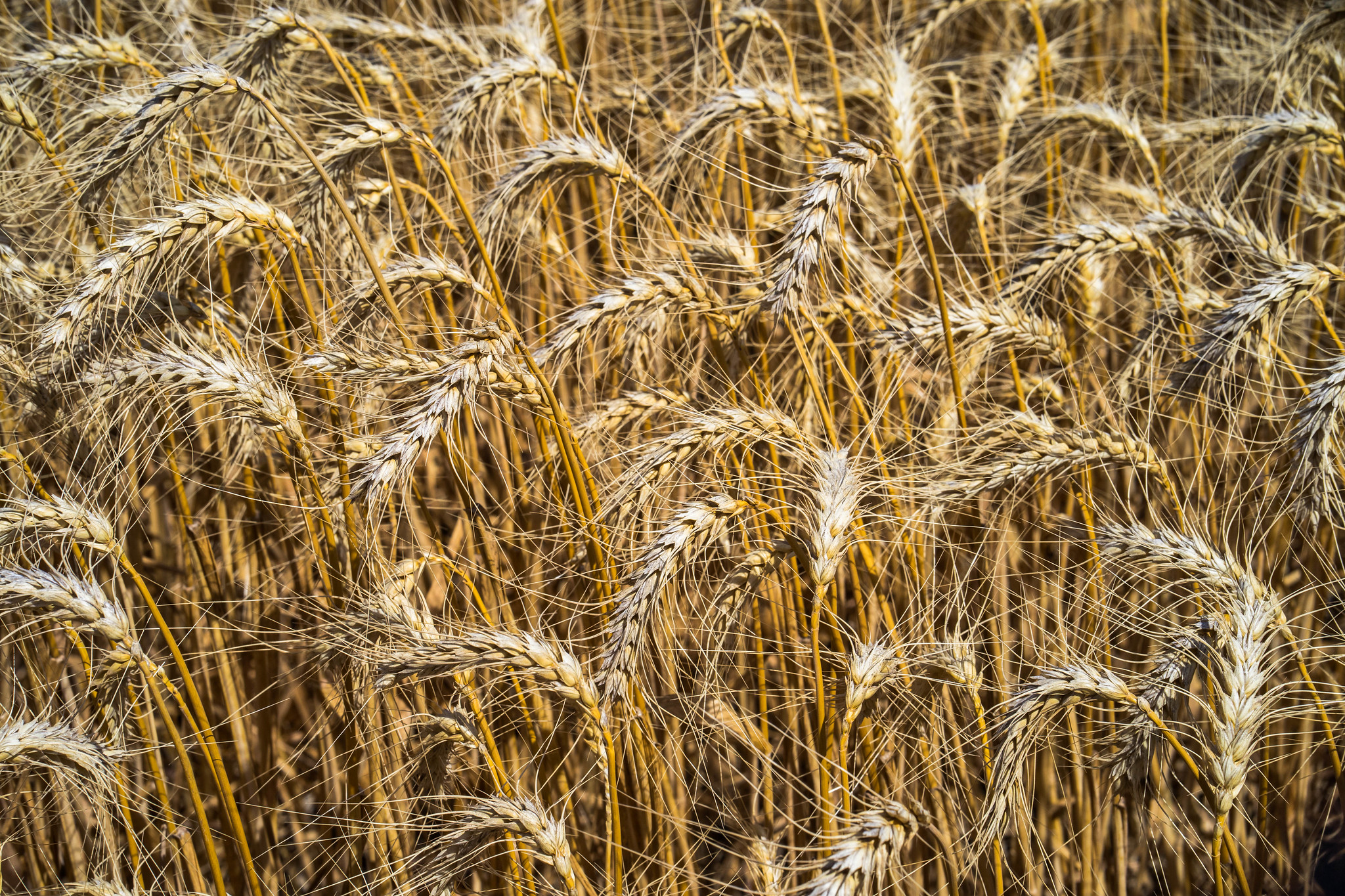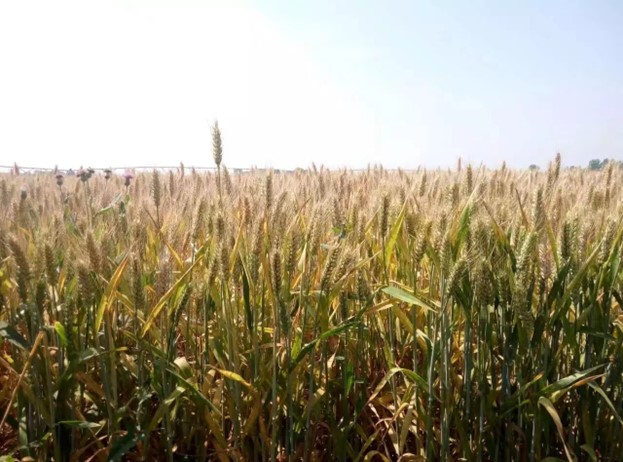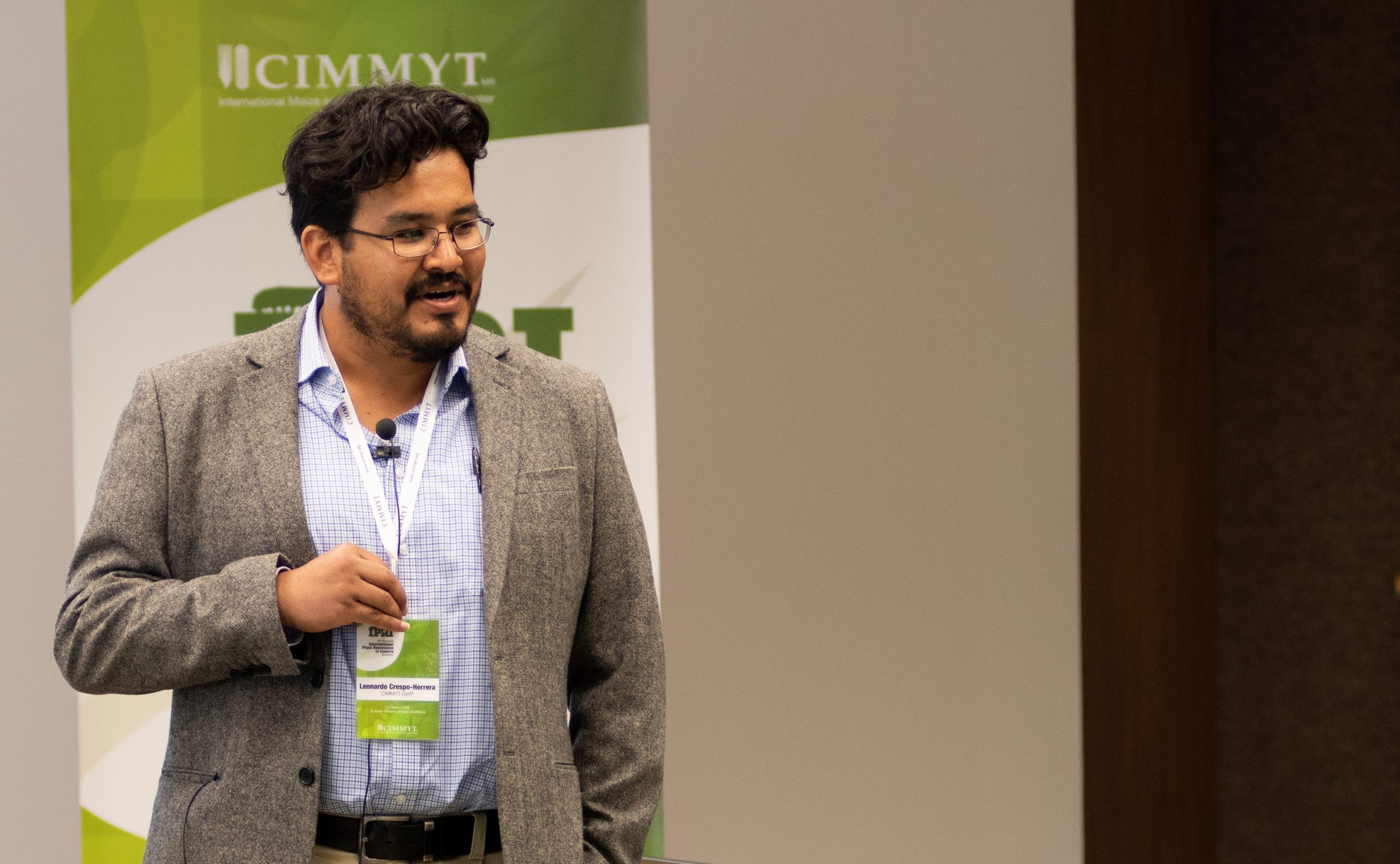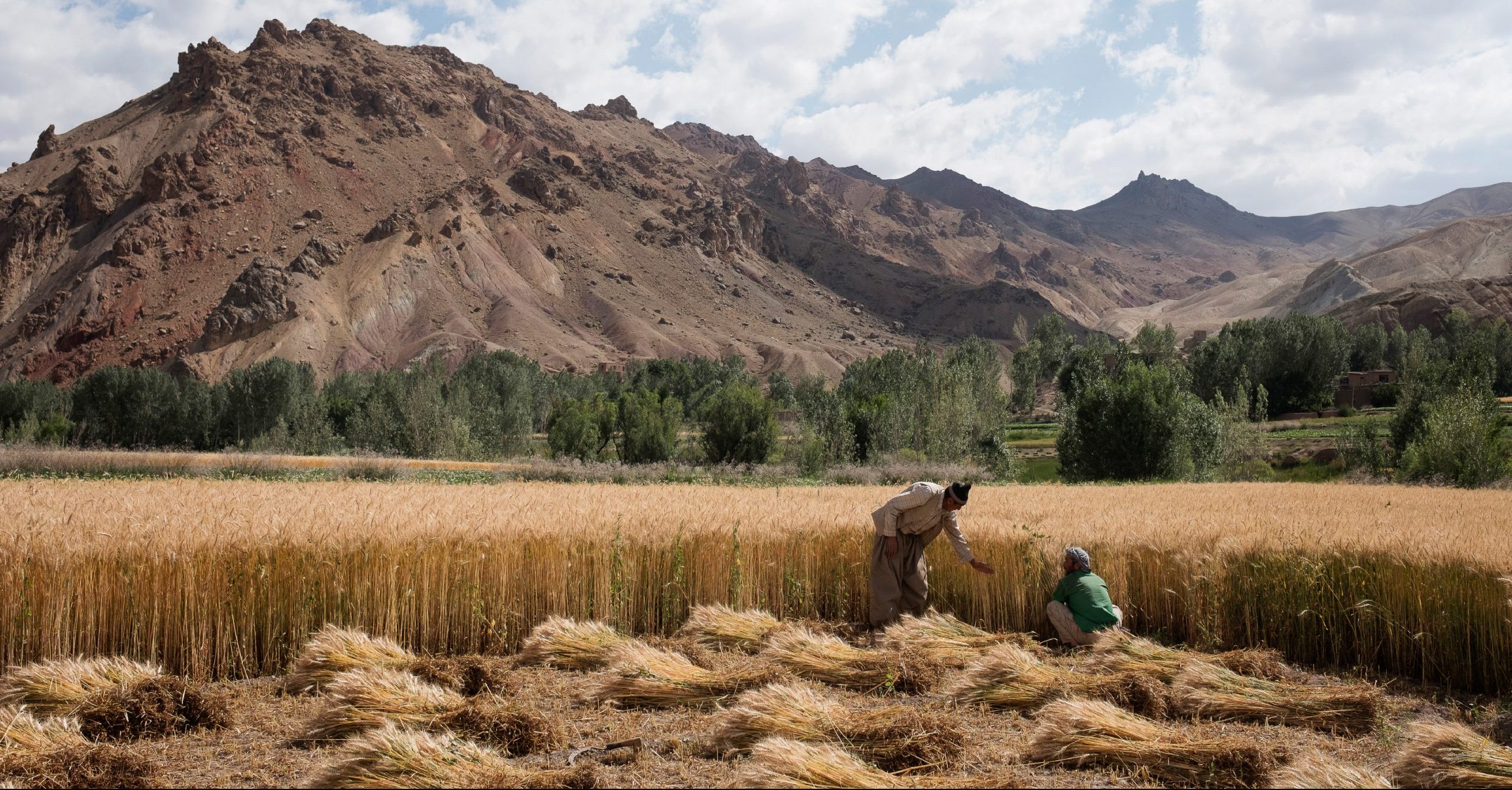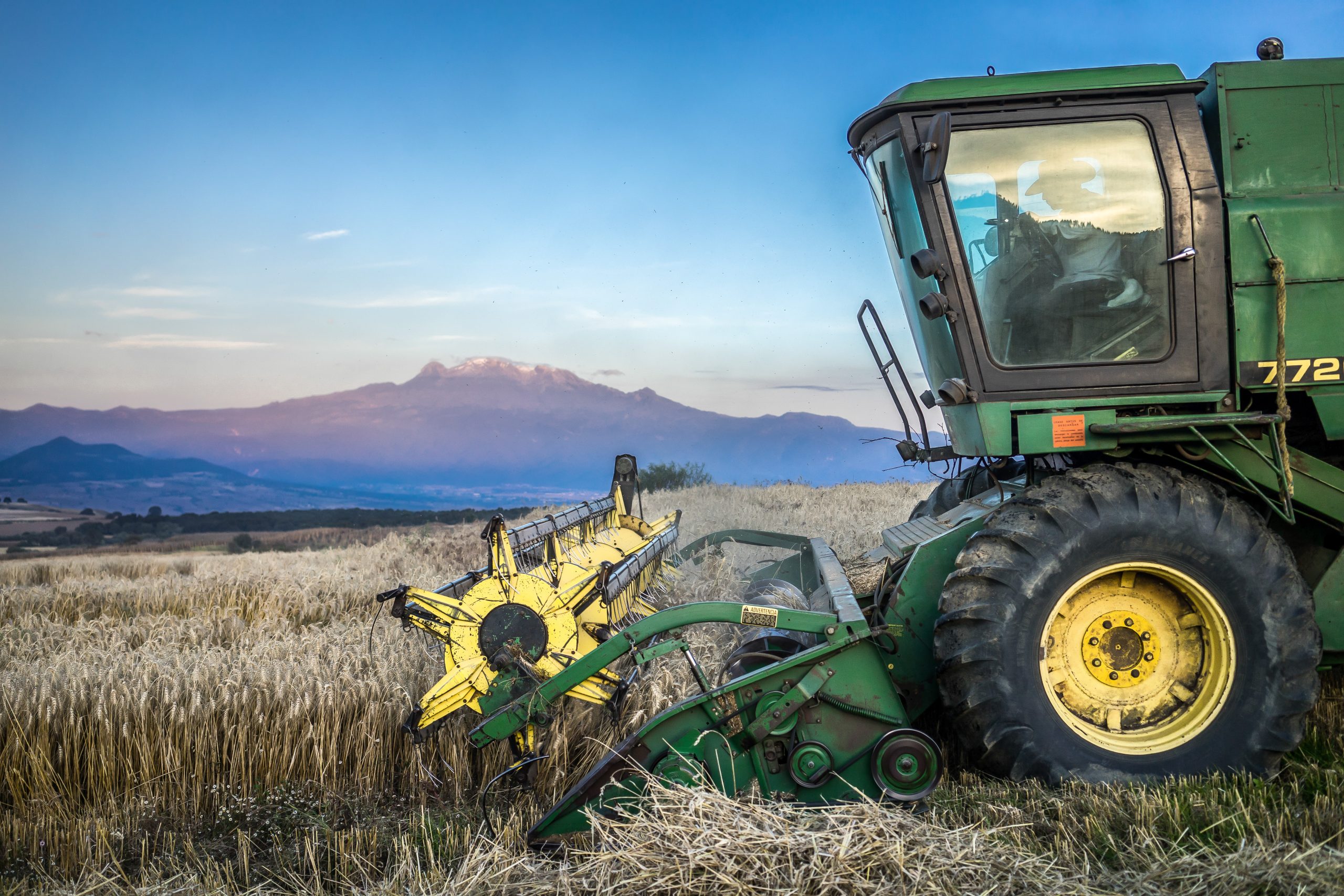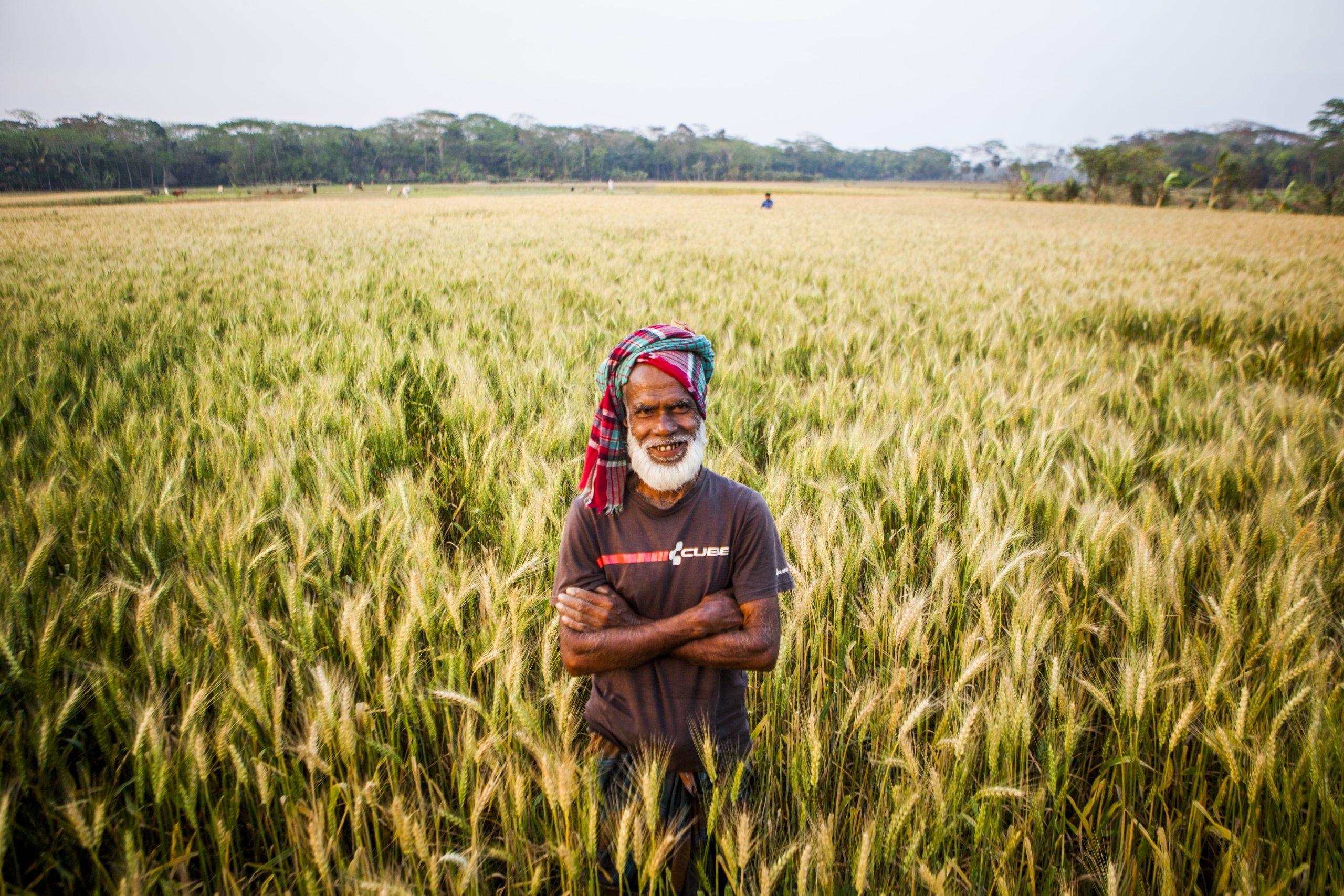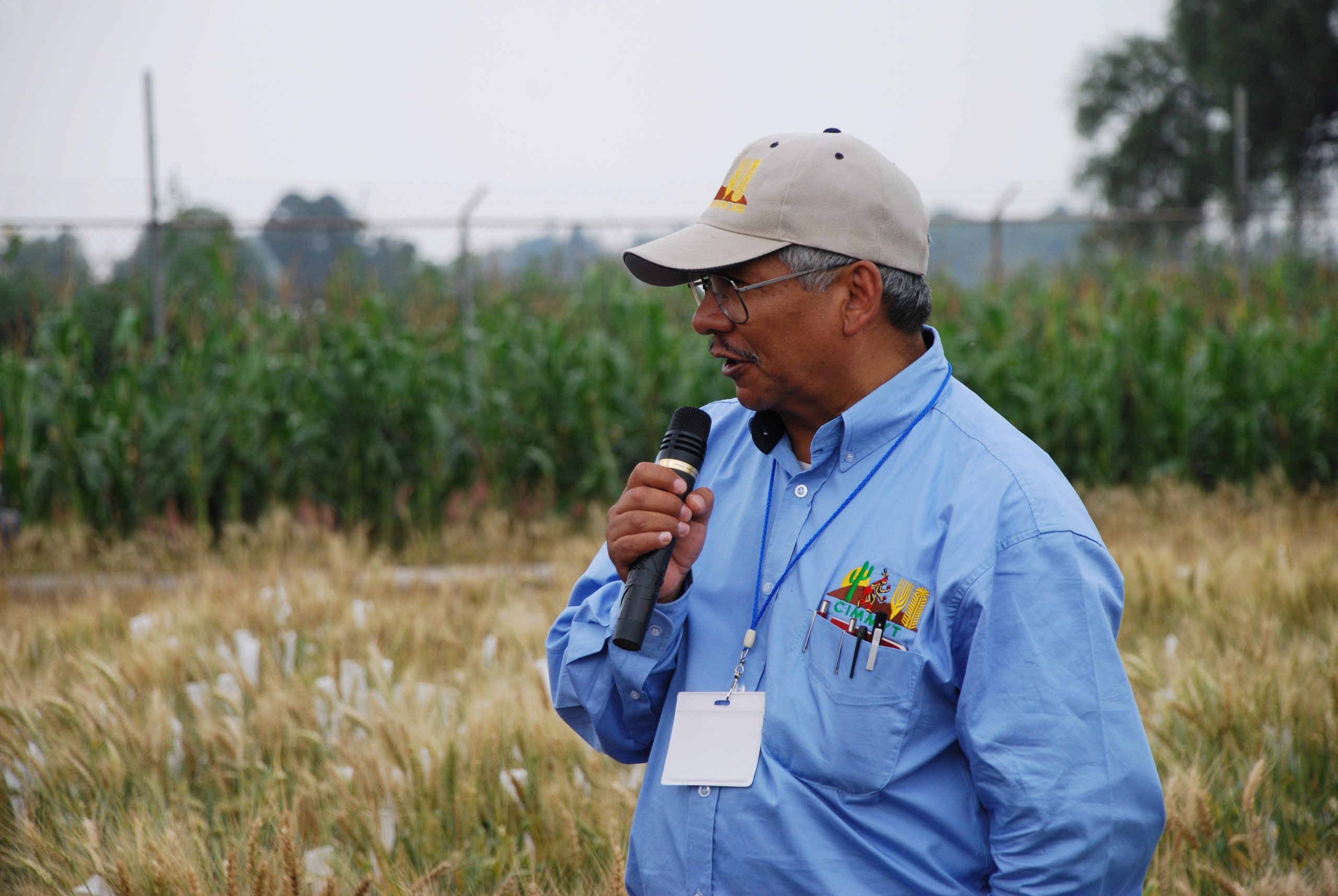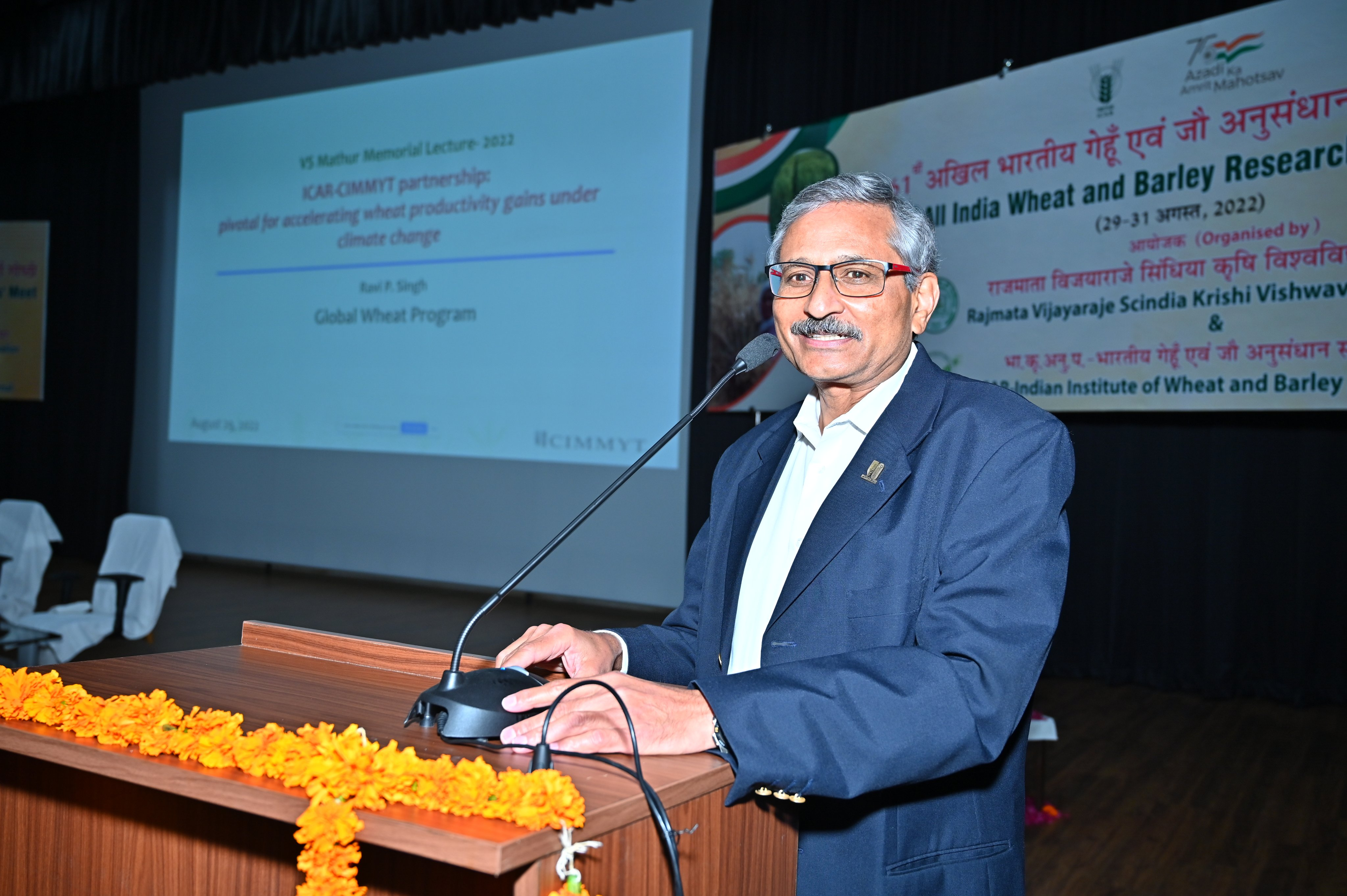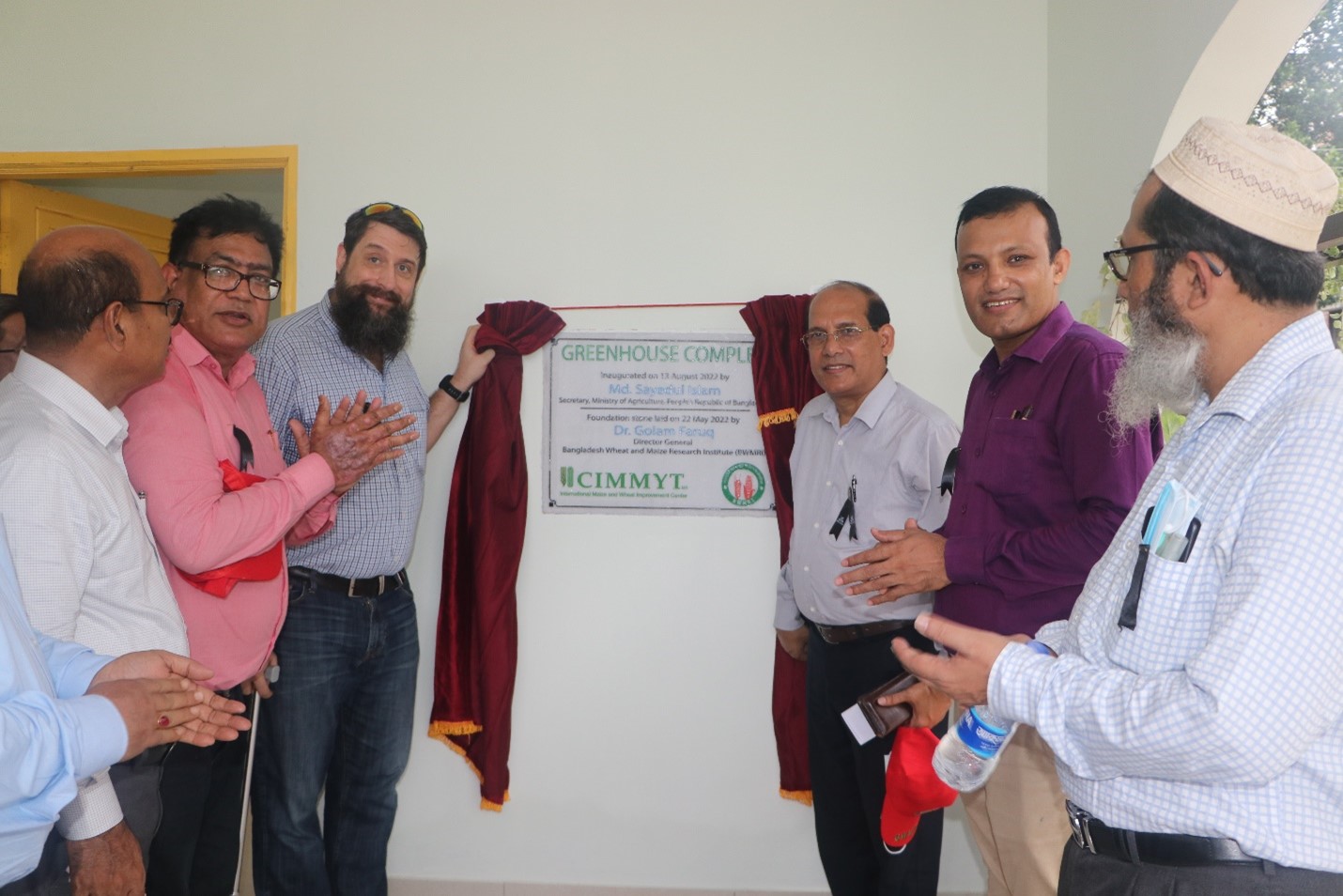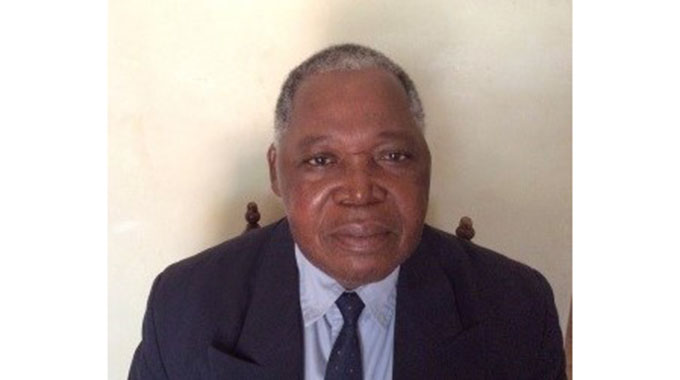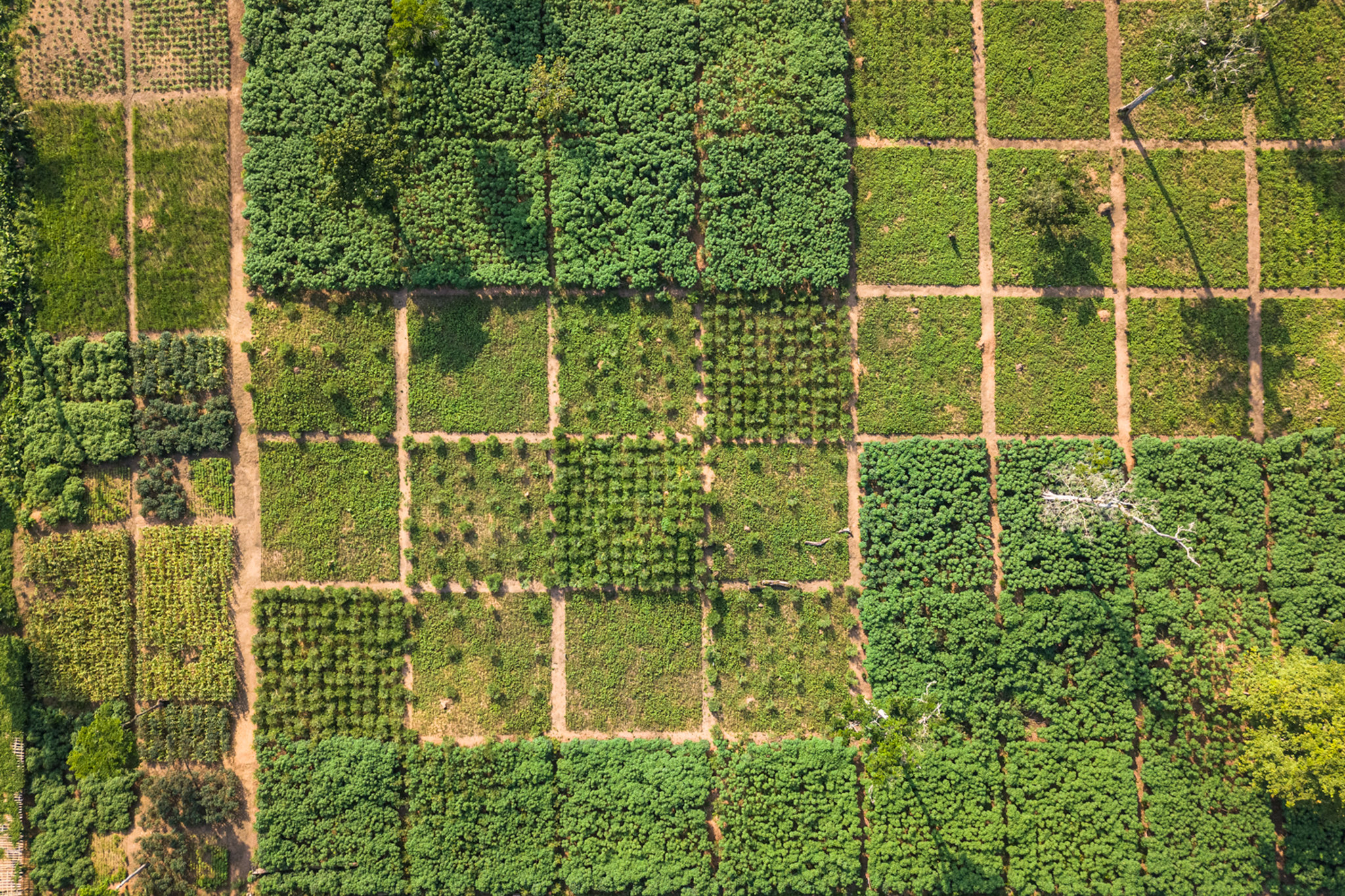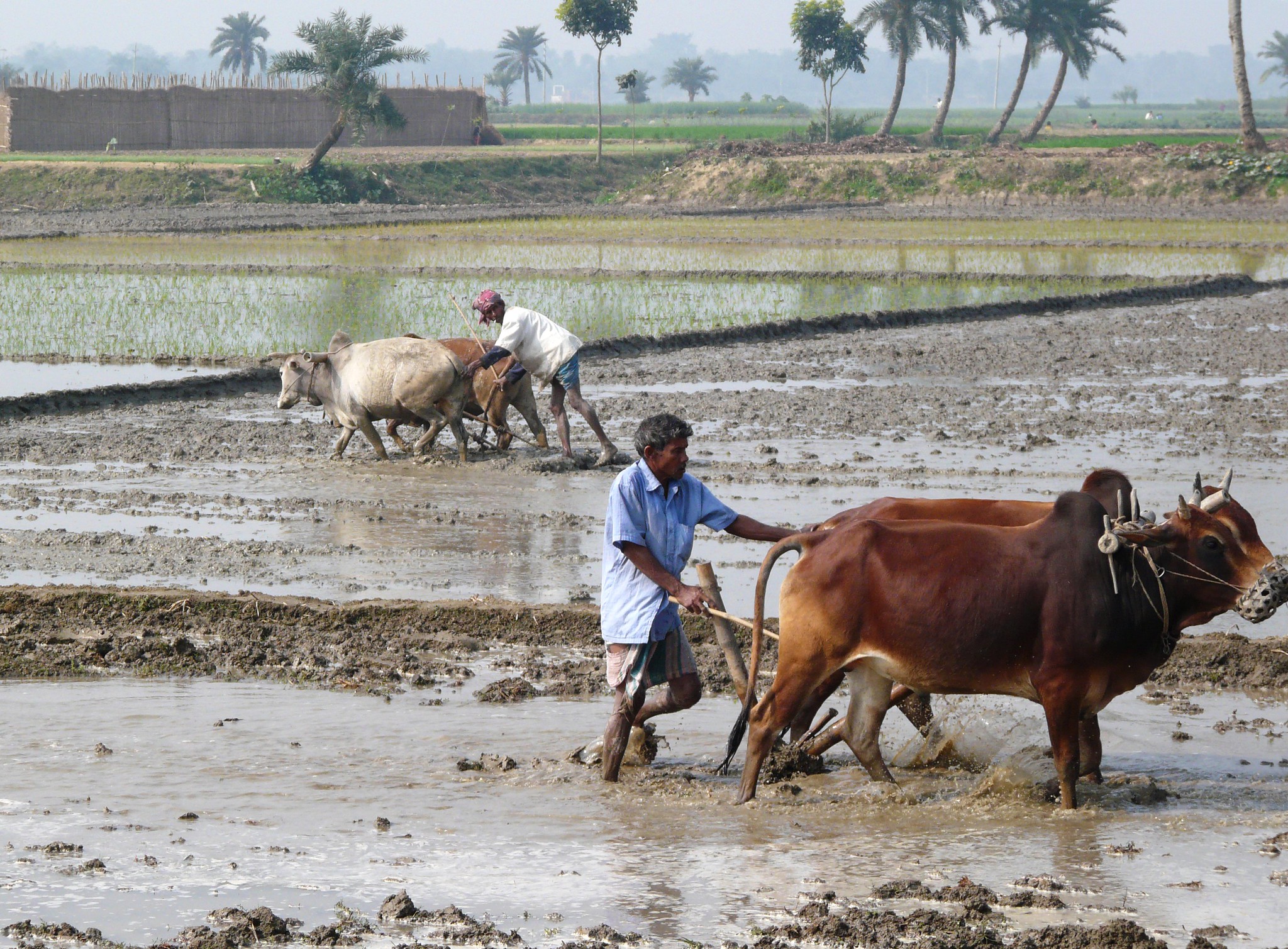CGIAR Research Program on Wheat (WHEAT)
Joining advanced science with field-level research and extension in lower- and middle-income countries, the CGIAR Research Program on Wheat (WHEAT) works with public and private organizations worldwide to raise the productivity, production and affordable availability of wheat for 2.5 billion resource-poor producers and consumers who depend on the crop as a staple food.
WHEAT is led by the International Maize and Wheat Improvement Center (CIMMYT), with the International Center for Agricultural Research in the Dry Areas (ICARDA) as a primary research partner.
Funding for WHEAT comes from CGIAR and national governments, foundations, development banks and other public and private agencies, in particular the Australian Centre for International Agricultural Research (ACIAR), the UK Department for International Development (DFID) and the United States Agency for International Development (USAID).
Harnessing new high-resolution satellite imagery to plant breeding
 Innovations
Innovations
New study by CIMMYT researchers shows how multi-temporal, high-resolution satellite images can be used effectively to monitor breeding maize and wheat breeding plots in diverse environments.
Wheat output in Africa and South Asia will suffer severely from climate change by 2050, modelling study shows
 Climate adaptation and mitigation
Climate adaptation and mitigation
Crop simulation models predict that climate change will lower global wheat production by 2050 in Africa and South Asia, where food security is already threatened.
Plant breeding must adapt to climate change, finds study
 Climate adaptation and mitigation
Climate adaptation and mitigation
The goals for breeding new crops have been changed by the rising demands for climate-ready crops, originating from the urgent need to adapt to climate change.
Young CIMMYT scientist receives 2022 Japan Award for global research to combat wheat aphids
 Environmental health and biodiversity
Environmental health and biodiversity
Elite wheat lines from the work are being freely shared with partners worldwide.
Combatting soil-borne pathogens and nematodes vital for food security
 Environmental health and biodiversity
Environmental health and biodiversity
Impressions from attendees of the VIII International Cereal Nematode Symposium.
Increasing yield gain in Afghanistan
 Nutrition, health and food security
Nutrition, health and food security
Genetic gain for yield in CIMMYT varieties distributed in Afghanistan shows an increase over a 14-year period.
Exploring the potential for scaling nutritious cereal-based foods
 Nutrition, health and food security
Nutrition, health and food security
CIMMYT’s agrifood systems research looks at how to better connect farmers to consumers in a sustainable way, allowing for higher benefits from farming and increased access to nutritious cereal-based food for consumers.
Can agriculture bring South Asian countries together?
 Climate adaptation and mitigation
Climate adaptation and mitigation
An article in Amar Ujala in India explores the cross-country collaboration instigated by the Borlaug Institute for South Asia.
Winner of BGRI Gene Stewardship Award announced
 Environmental health and biodiversity
Environmental health and biodiversity
A research team in Mexico has been awarded the BGRI Gene Stewardship Award for their groundbreaking work on wheat breeding.
Singh recognized for wheat crop improvement
 Climate adaptation and mitigation
Climate adaptation and mitigation
SAWBAR bestowed the Sh. VS Mathur Memorial Award 2022 upon CIMMYT scientist Ravi Singh for his pioneering work to enhance wheat productivity in India.
Greenhouse upgrades at BWMRI for wheat blast research
 Capacity development
Capacity development
The developments will create capacity for national and international research and improve processes for disease screening in wheat.
Remembering Ephrame Havazvidi
 Nutrition, health and food security
Nutrition, health and food security
Ephrame Havazvidi served on the WHEAT Independent Steering Committee from 2015-2021 and was a prominent plant breeder and crop expert.
Getting to win-win: Can people and nature flourish on an increasingly cultivated planet?
 Climate adaptation and mitigation
Climate adaptation and mitigation
Faced with dramatic biodiversity loss and a growing population, should farmers “share” or “spare” land? Agricultural scientists weigh in, yielding a new perspective.
The race against time to breed a wheat to survive the climate crisis
 Climate adaptation and mitigation
Climate adaptation and mitigation
Source: The Guardian (12 Jun 2022)
CIMMYT scientists are using the biodiversity of forgotten wheat varieties from across the world to find those with heat- and drought-tolerant traits.
A climate-smart remodeling of South Asia’s rice-wheat cropping is urgent
 Environmental health and biodiversity
Environmental health and biodiversity
Multiple studies show conventional farming practices degrade soils, deplete aquifers and feed rampant greenhouse gas emissions.
